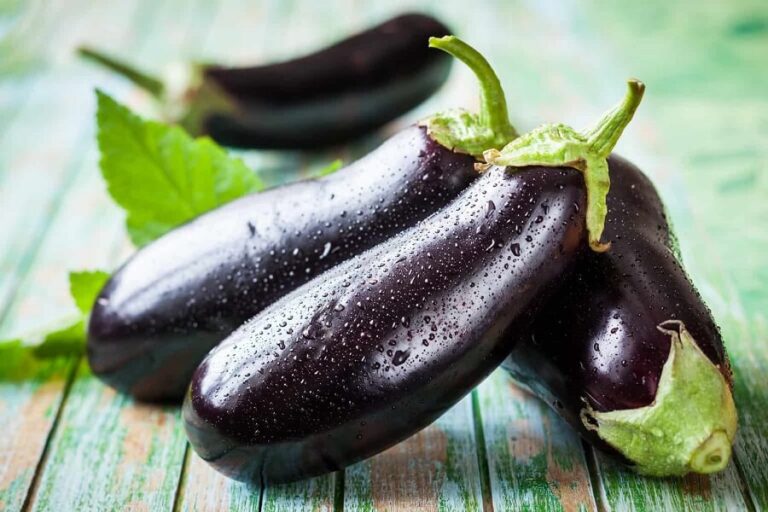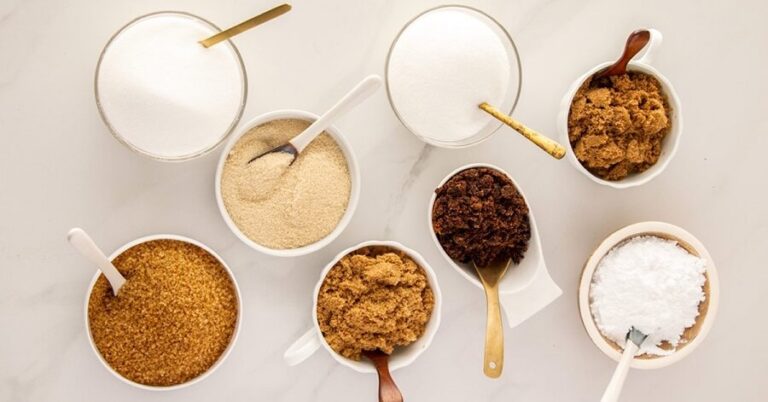It is no secret that we have all tried Coca-Cola and felt like drinking more and more.
To quench your thirst, drinking Coca-Cola often has the opposite effect. The key is not in the caffeine nor the sugar; the secret is in its composition of salts.
This article analyzes the secret in the composition of Coca-Cola and why it is said to be addictive.
The secret of the Coca-Cola
The secret of Coca-Cola is not only in its flavor and its ingredients but in its concentration of salts. This soft drink contains caffeine, and its high sugar content is no secret.
All these components make it palatable and provide an energy boom.
However, the secret of this soft drink is its ability to dehydrate. The concentrations of salts in Coca-Cola are high, even higher than in the cell’s interior.
After drinking this soda to quench thirst, it causes the opposite effect. What makes a person drink more and more.
Even due to this fact, various lawsuits in the US have led to pressure on public places such as movie theaters and fast-food restaurants to add ice on a mandatory basis.
This secret of ice is essential to dilute the Coca-Cola and that it does not generate dehydration in the body.
Coca-Cola has caffeine
Virtually all Cola beverages, including Coca-Cola and Pepsi, contain caffeine. The leader in its content is the Mountain Dew drink: approximately 50-55 mg of caffeine in one can (350 mL). This amount is comparable to the amount of caffeine in espresso.
Most Cola, Coca-Cola, Coca-Cola Zero, Coca-Cola Diet, Pepsi, Pepsi Zero; contain approximately 35-40 mg of caffeine per 350 mL (the content in a standard can) (1).
Unfortunately, the laws of most countries do not require regulation of this ingredient. The exact caffeine content of carbonated beverages is not specified on food labels.
While the effects of caffeine have been proven to date, they are not a concern of government organizations. The presence of caffeine in drinks like Coca-Cola is not a secret, and; it is justified only by a desire to increase dependency.
High sugar content in Coca-Cola
Scientific research confirms that children are susceptible to sugar. The foods children like best contain 25–40% simple carbohydrates (2). Surprisingly (or not), carbonated drinks have precisely this level.
In addition, companies play with generating the habit of drinking soft drinks in childhood. A secret of coca-cola as an industry is the attempt to achieve a tradition at this stage of life to maintain it throughout the years.
Another secret of the Coca-Cola industry is to create an associative range between drinking Coca and having a good time. This fact is evident in advertising. People who drink Coca-Cola glow with joy and pleasure. For decades, the Coca-Cola company has been working on this concept, creating a link between the New Year’s festivities and the mandatory need for this soft drink at the table.
Coca-Cola Zero – is it fattening?
Studies to date do not link sales of carbonated beverages with less overweight and obesity (4). It’s no secret that excessively sweetened foods depend on the sweet taste.
Replacing sugar with sugar substitutes is not the solution in terms of nutrition. Although Coca-Cola Zero or diet does not provide calories, it cannot be said that it is a solution to losing weight.
More and more studies suggest that sweeteners trick the brain, causing you to experience cravings for sweet foods. As a result, a person ends up secretly eating cakes and sweets. You get extra calories not from Coke Zero but other carbohydrate food sources.
How much Coca-Cola can you drink per day?
The average consumption of Cola soft drinks in the United States has doubled in the last thirty years. It reached a maximum of 500 mL per person per day in the late nineties (4). In some states, the average person drank more than a liter of Coca-Cola per day. If you also consider people who do not drink a drop of Coca-Cola, the figure will be even higher.
It is not a secret that the daily consumption of Coca-Cola in such quantities hurts health. Its composition damages tooth enamel and causes digestive problems. In addition, people who drink Coca-Cola regularly are more likely to be overweight and obese.
While making recommendations on the amount of Coca-Cola taken per day is a complex task. The WHO has published that a maximum of 10% of total calories is allowed to come from this source in a healthy diet. In other words, a can of Coke now and then doesn’t hurt anyone.
Coca-cola – The evil company?
Companies like Coca-Cola or PepsiCo do not have an established objective to spoil the person’s health or cause a mass obesity development. However, it is accurate that they consider it a side effect of generating profits. It is no secret that they play with taste, sugar, and caffeine content to increase sales.
These companies benefit from creating loyal consumers, so-called heavy users, who drink more than two cans of Coca-Cola per day. More than 80% of all soft drink sales fall on them (3). Creating the habit of drinking Coca-Cola is built from childhood and adolescence. For this reason, children should not be set by example or allowed to drink coca-cola secretly.
Gatorade and Powerade Isotonic Drinks – A New Market
To increase sales, in the 1980s, Coca-Cola began working with McDonald’s and making a combination of Coca-Cola and fast food the industry standard. The next step was the emphasis on small shops and supermarkets.
In the United States, gondola positions were bought to fight competitors’ brands (2). However, the main priority in recent years has become isotonic drinks.
Due to the increased fitness culture, current advertising budgets are invested in promoting energy drinks such as Gatorade or Powerade. Sports physicians and nutritionists have yet to agree on Gatorade’s contraindications, although quantity appears to be the key.
ABSTRACT
- The secret of Coca-Cola is its high content of salts, caffeine, and sugars. This causes dehydration which ultimately makes you want to drink more.
- The sugar content plays a crucial role in making it addictive.
- Drinking Coca-Cola regularly is not recommended in a healthy diet. However, a can of soda sporadically is allowed.
- Drinking Coca-Cola regularly is directly related to weight gain. Excess sugar increases the chances of developing type 2 diabetes.







